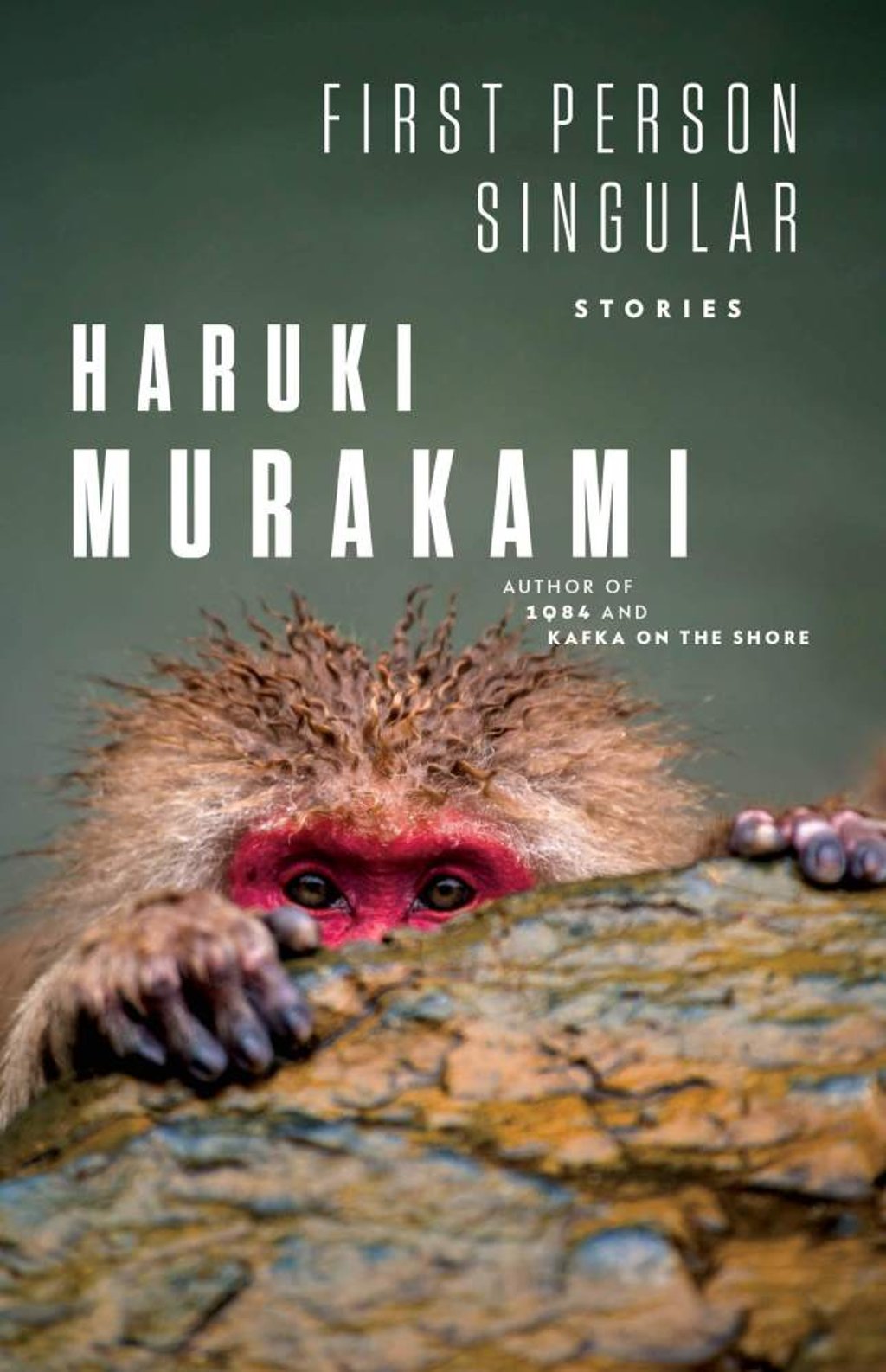Review | First Person Singular: Haruki Murakami’s new collection of short stories is a real pleasure
- Each of the eight subtly linked stories expresses the existential yearnings of a narrator intensely aware of his (always his) singularity
- As with much of Murakami’s writing, music plays a central role, while dystopian realities and passive protagonists remain familiar themes

First Person Singular by Haruki Murakami (translated by Philip Gabriel), Knopf
In “Cream”, the opening story of Haruki Murakami’s new collection, the narrator buys a bunch of flowers for a pianist acquaintance who has invited him to her concert several hours away, only to find on arrival that the venue is locked and the concert does not exist: “Maybe the whole thing was a hoax that the girl had cooked up […] For some reason that I couldn’t fathom, she’d deliberately given me false information and dragged me to the top of a remote mountain on a Sunday afternoon.”
The book is as described – first-person singular – and, moreover, each of the stories expresses the existential yearnings of a narrator intensely aware of his (always his) singularity. In most, there is a sense of isolation, even in crowds, and most have at their heart an unsatisfying or otherwise incomplete relationship with a woman.
Murakami the author of this compelling collection of eight subtly linked stories (rather than Murakami, the character in at least one of them, who shares much of the author’s biography) is renowned for writing fiction and personal non-fiction with soundtracks. The author’s musical tastes in past literary works have ranged across classical, jazz and contemporary music. Playable musical pieces are arranged by book title on his website, harukimurakami.com.

In addition to music and its pursuit, these stories constitute almost an index of Murakami’s themes and approaches: from the fantastic dystopian intensity and brilliant narrative engineering of Hard-Boiled Wonderland and the End of the World (1985) through to the narrative passivity and resignation of the protagonist of Colorless Tsukuru Tazaki and His Years of Pilgrimage (2013) and the meditations of the non-fiction work What I Talk About When I Talk About Running (2007).
We follow protagonists to concerts and steam baths and the tops of mountains – and, especially, into their own heads: “I spent the next year basically killing time, as if I were creating an alibi.”